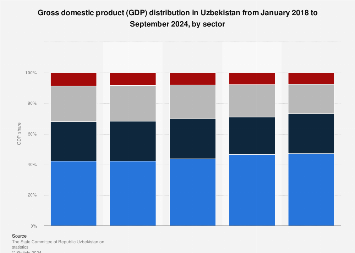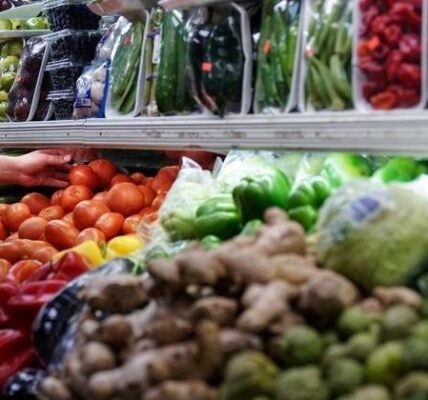Taipei, Dec. 19 (CNA) The Central Bank of the Republic of China (Taiwan) said on Thursday that it has raised its forecast for gross domestic product (GDP) growth in 2025 to 3.13 percent, after wrapping up a quarterly policymaking meeting.
The latest forecast represents an upgrade from 3.08 percent in September, with the central bank saying global demand for emerging technologies such as artificial intelligence applications will remain solid next year, serving as a driver increasing Taiwan’s exports and private investment.
In addition, a move by the government to raise the maximum wage and salaries for civil servants, teachers and military personnel next year is expected to push up private consumption, the central bank said.
The upgrade in the 2025 GDP growth forecast came close to an estimate made by the Directorate General of Budget, Accounting and Statistics, which forecast in late November that Taiwan’s economy will grow by 3.29 percent this year.
However, the central bank cautioned that the new U.S. government under Donald Trump could impact its economic policies and create uncertainty over Taiwan’s growth, as Washington is one of the largest markets for Taiwan-made goods.
The central bank also raised Taiwan’s GDP growth forecast to 4.25 percent for 2024, up from the 3.82 percent it anticipated in September, also citing an increase in exports, private consumption and imports of capital equipment for manufacturers to expand production.
The DGBAS has forecast Taiwan’s GDP will grow 4.27 percent in 2024.
Despite a rate cut of 25 basis points by the U.S. Federal Reserve overnight, Taiwan’s central bank decided to leave its key interest rates unchanged for the third consecutive quarter on Thursday at a time when inflation remains above the 2 percent alert set by the bank.
After the decision, the discount rate remains at 2 percent — which is still the highest in 15 years — with rate on accommodations with collateral at 2.375 percent and the rate on accommodations without collateral at 4.250 percent.
The central bank said due to a spike in food prices, in particular fruit and vegetable prices, the consumer price index (CPI) grew 2.18 percent in the first 11 months of this year.
As a result, the central bank has forecast the CPI will grow 2.18 percent in 2024, up from a previous forecast of 2.16 percent made in September, while core CPI, which excludes fruit, vegetables and energy, will grow 1.90 percent, down from an earlier forecast of 1.94 percent.
The forecast indicated CPI and core CPI growth in 2024 will moderate from 2.49 percent and 2.58 percent, respectively, the central bank said.
For 2025, the central bank said the CPI will grow 1.89 percent and core CPI increase 1.79 percent, unchanged from the previous estimates.
Although the central bank did not come up with a new round of selective credit controls on the home market to further rein in home prices, the bank said it will continue to monitor the effects of the seventh round of measures imposed in September.
Speaking with reporters, Central Bank Governor Yang Chin-long (楊金龍) said the latest credit controls dampened market expectations about home price growth, but banks as a whole still saw the ratio of their mortgages to total lending stay high at 37.4 percent, as of the end of November.
During a recent review the central bank found that some banks have even extended their mortgage lending by disguising it as other lending to skirt the central bank’s checks on whether mortgages reached the designated ceiling and so the bank is determined to tighten its monitoring of lending activities, Yang said.
In response to the move not to introduce new credit controls on the home market, Tseng Ching-der (曾敬德), a research manager at Sinyi Realty Inc., said that the property market should feel relieved to some extent, but money supplied by banks to home buyers remains tight due to the on-going credit controls.
Tseng said he will watch closely how home buyers react in the upcoming traditional peak season in March.




